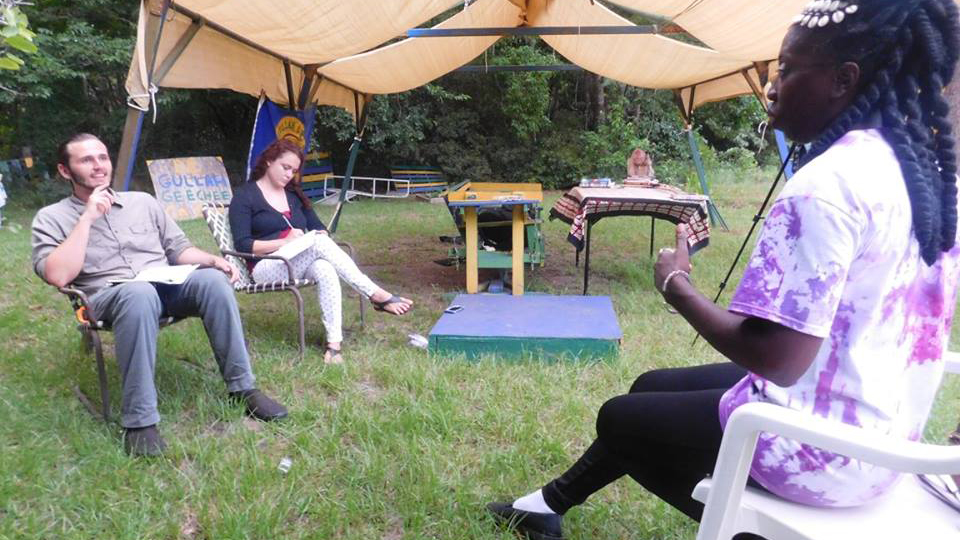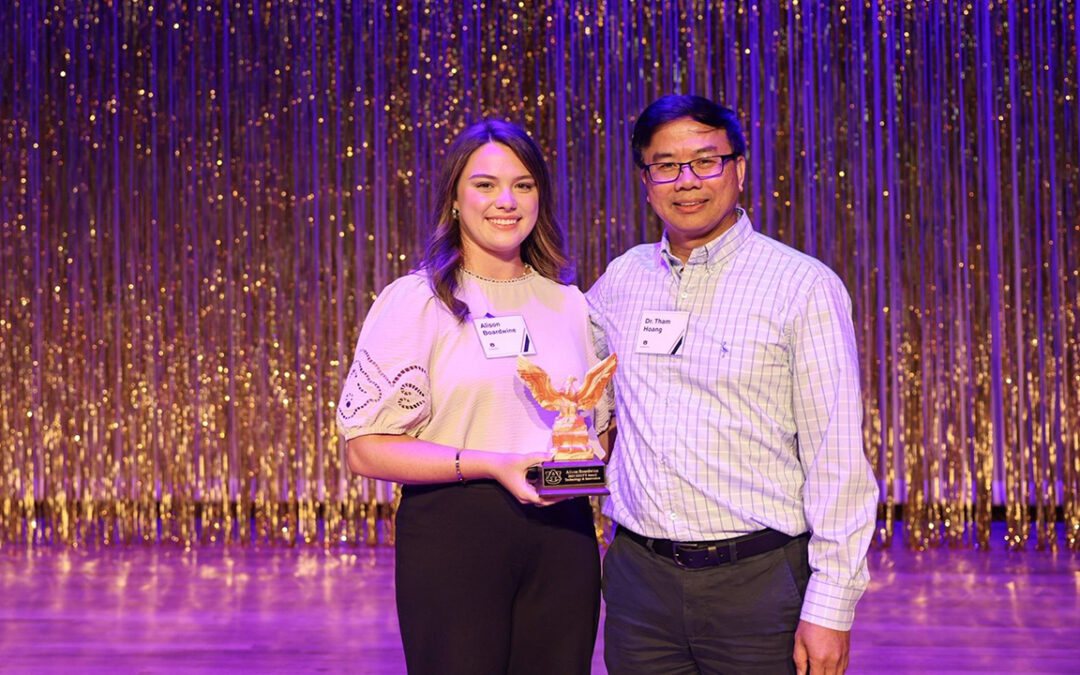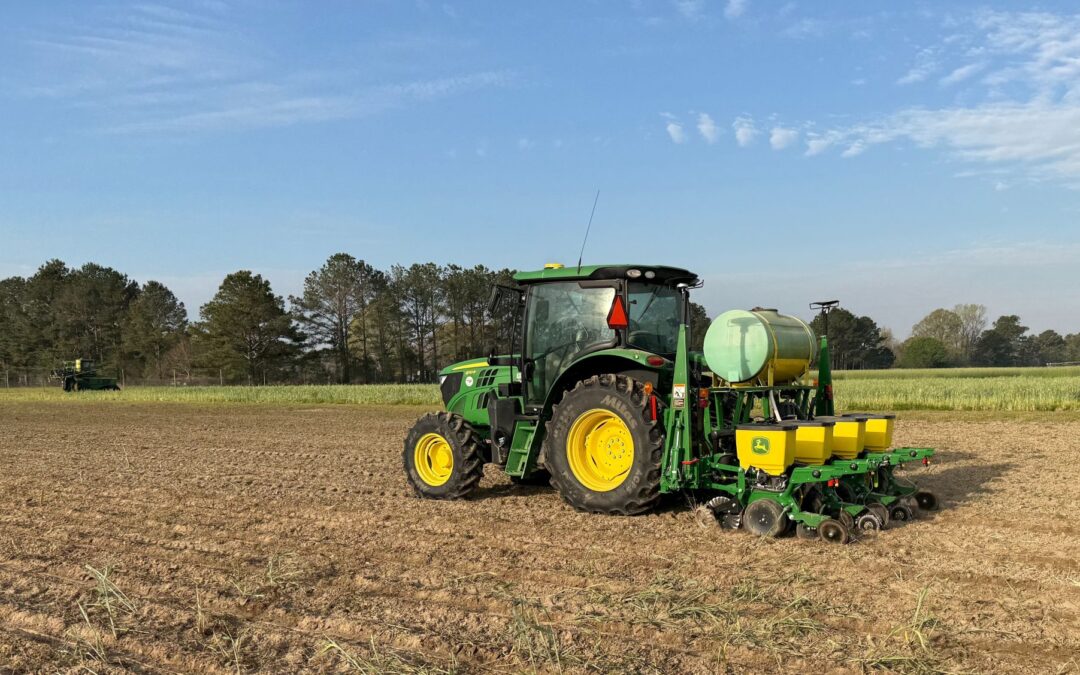Ryan Thomson, assistant professor in the College of Agriculture’s Department of Agricultural Economics & Rural Sociology, received The Rural Sociological Society Early Career Award for 2021.
Proposals for the award involve small-scale projects that will enhance opportunities for scholars to pursue expanded research efforts in the future. Awards are presented to members who have received their Ph.D. within five years of the award year.
“This is an incredible honor,” said Thomson, who has been an Auburn University faculty member since 2019. “It is simultaneously a recognition of academic merit and real-world impact of applied work. I hope the award will be a springboard for future work seeking to preserve family farms and inherited land.”
Thomson’s work focuses on heirs property among the Gullah/Geechee Nation of South Carolina.
“Typically, heirs property is created when land is passed from someone who dies ‘intestate,’ meaning without a will, to their spouse, children or others who may be legally entitled to the property,” he said. “In many parts of the U.S., we observe heirs property as a channel for legalized land theft and thus a modern continuation of Jim Crow legal discrimination.”
Owners of heirs property face many challenges, Thomson said. First, they cannot use their property as collateral to take out loans to improve their property. Thus, heirs property constitutes a form of dead capital.
“Second, heirs property is oftentimes devalued due to a lack of clear ownership,” he said. “On a structural level, this can correspond to structural impoverishment due to a diminished tax base. Third, inhabitants of heirs property are not eligible for federal disaster relief, which limits community resiliency in times of emergency.”
Land loss among low-income and disadvantaged farmers has resulted in the loss of billions of dollars of property through forced partition sales and tax sales, Thomson said.
“Because landowners are important to social stability in Black communities, such losses put entire communities at great risk,” he said. “The Gullah/Geechee are a cultural gem unlike any other in the U.S. with a unique Creole language, religious beliefs and subsistent community structures. Legal land theft occurring via heirs property has displaced hundreds of people from their ancestral homes.”
The story of the Afro-Indigenous Gullah/Geechee Nation of the Atlantic Sea Islands share many parallels with other groups around the country, Thomson said.
“Perhaps the most direct comparison would be farmers living in Alabama’s Black Belt,” he said. “Other groups such as Native-Americans in the Western U.S. and low-income white communities throughout Appalachia also are experiencing significant land loss issues.”
What makes the Gullah/Geechee so unique is first their diasporic culture; not just the subsistent agriculture and fishing practices but also their language, religion, community structures and rich diversity of experiences, Thomson said.
“The relative insulation of the Sea Islands once provided a physical barrier after the Civil War,” he said. “This insular barrier came crashing down with the arrival of bridges to the mainland in the 1950s.
“Since then, entire communities and townships have been replaced by private-gated communities and luxury golf resorts. In many ways, the once unforeseen drawbacks of development have become normalized into a sort of expected ‘cost of development.’”
Heirs property research has taken off in recent years thanks to decades of work from scholars such as Thomas Mitchell and Cassandra Johnson-Gaither, alongside statewide law centers and several key HBCU’s who have collectively publicized the larger injustice at play.
“Auburn University’s Department of Agricultural Economics & Rural Sociology has been actively involved in heirs property research longer than most,” Thomson said. “The work of former graduate student Janice Dyer was the first to venture into this area back in 2006. Her work with Emeritus Professor Conner Bailey put Auburn on the short list of universities seeking to tackle this issue head-on.”





